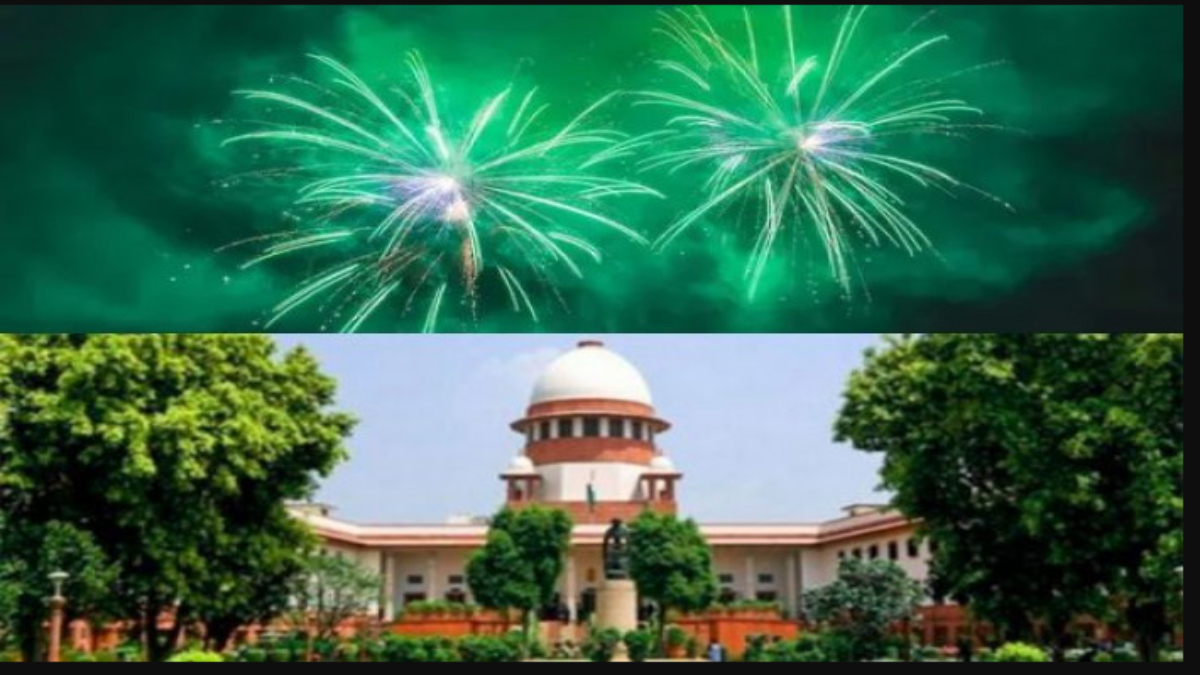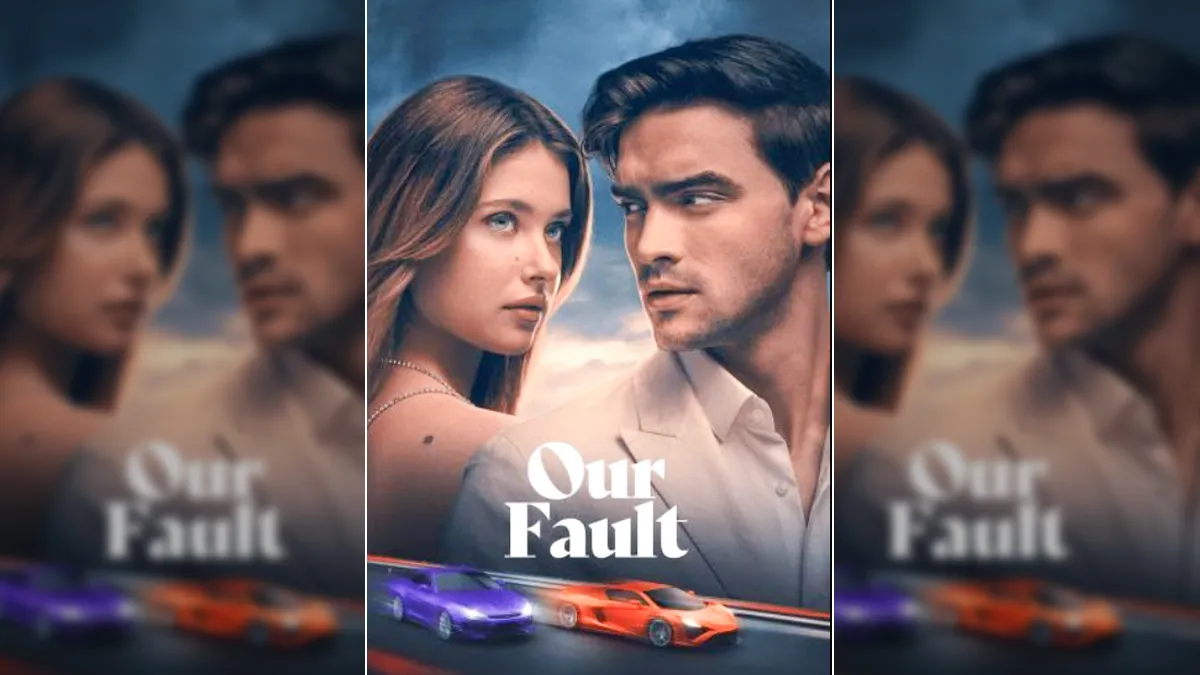Now Reading: SC Allows QR-Coded Green Crackers for Diwali in Delhi-NCR, Mandates Designated Sale Spots
-
01
SC Allows QR-Coded Green Crackers for Diwali in Delhi-NCR, Mandates Designated Sale Spots
SC Allows QR-Coded Green Crackers for Diwali in Delhi-NCR, Mandates Designated Sale Spots

In a move aimed at balancing environmental concerns with the public’s right to celebrate, the Supreme Court has issued a significant order temporarily relaxing the blanket ban on firecrackers in the Delhi-National Capital Region (NCR) for the Diwali festivities. The relaxation, which is permitted strictly on a “test case basis,” comes with stringent conditions, focusing heavily on the use of certified ‘green crackers’ that can be tracked via QR codes.
The ruling, delivered by a bench comprising Chief Justice B.R. Gavai and Justice K. Vinod Chandran, allows for the limited sale and use of green firecrackers in the region, with specific time slots and designated sale locations to ensure compliance and monitor the resulting air quality.
Here are the top points from the Supreme Court’s order:
1. Sale and Usage Window:
- Sale Period: The sale of certified green crackers is permitted for a limited period, from October 18 to October 21.
- Bursting Timings: The use of firecrackers is strictly confined to a total of three hours on the day before Diwali and on the day of Diwali itself. The permitted timings are 6:00 AM to 7:00 AM and 8:00 PM to 10:00 PM. This restriction is a temporary measure for the current festive season.
2. Only Certified Green Crackers Allowed:
- The court explicitly allowed the sale and use of only green crackers that have been approved by the Council of Scientific and Industrial Research–National Environmental Engineering Research Institute (CSIR–NEERI).
- Banned Crackers: Firecrackers containing barium or those not approved by NEERI remain completely banned. Similarly, the manufacture and sale of firecrackers joined in series, commonly known as laris, is prohibited.
3. QR Codes for Authenticity and Tracking:
- A crucial condition is that all green crackers sold must have QR codes encrypted on their packaging. These codes are intended to verify the product’s authenticity, trace its manufacturer, and ensure compliance with the permissible environmental norms.
- Patrol teams have been directed to acquaint themselves with the list of approved green crackers and their QR code details uploaded on the NEERI website.
4. Designated Sale Spots and Licensed Traders:
- To prevent the illegal sale of conventional firecrackers, the court mandated that green crackers can only be sold from designated locations across the entire NCR.
- These locations are to be identified by the District Collectors/Commissioners in consultation with the District Superintendent of Police and must be given wide public publicity.
- Sale is allowed only through licensed traders who are registered with NEERI and possess a licence from the Petroleum and Explosives Safety Organisation (PESO).
5. Strict Monitoring and Penalties for Violations:
- Patrol Teams: Police authorities, in consultation with the district administration, are directed to form special patrolling teams that include officers from the State Pollution Control Boards. These teams will maintain strict vigil at the designated sale sites.
- Enforcement: Patrol teams will conduct regular inspections and take random samples for analysis to ensure only approved, QR-coded products are sold.
- Punishment: Any violation, including the sale or possession of non-approved or smuggled crackers, will result in immediate confiscation of the products. Furthermore, the licence or registration of manufacturers and sellers involved in violations will be cancelled, with potential for further fiscal penalties.
- Smuggled Crackers: The order stressed that no firecrackers from outside the NCR region shall be allowed into the city, noting that illegally smuggled crackers often cause more severe pollution.
6. E-Commerce Ban and Air Quality Monitoring:
- The sale and purchase of all firecrackers through e-commerce platforms is completely banned, with any supply being subject to detention and confiscation.
- The Central Pollution Control Board (CPCB) and State Pollution Control Boards have been directed to monitor the Air Quality Index (AQI) in their respective jurisdictions from October 14 to a specified date after Diwali and submit detailed reports to the Supreme Court.
The court’s decision seeks to strike a delicate balance between public health and cultural practices, acknowledging that a complete, unenforced ban often leads to the use of high-emission, smuggled firecrackers, which cause greater harm. The relaxation, therefore, is an attempt at controlled, less-polluting celebration under a strict regulatory framework.







